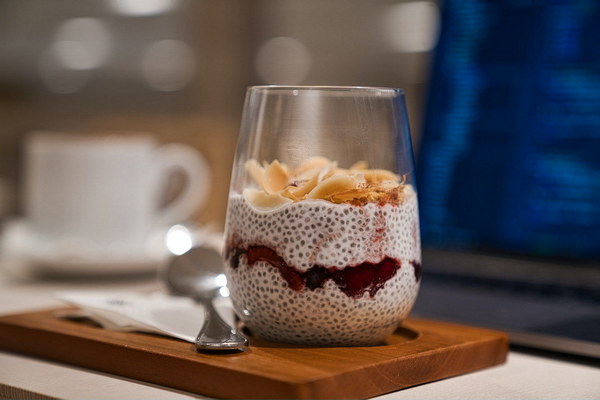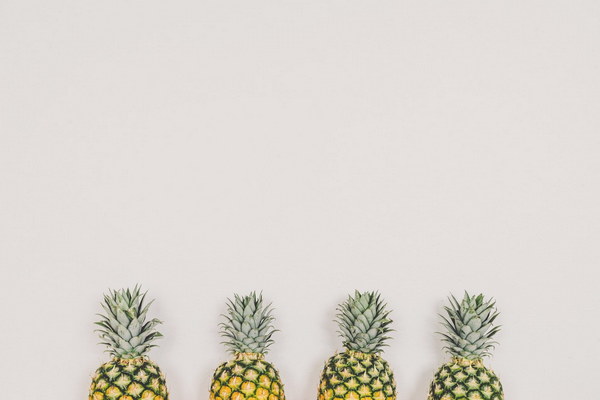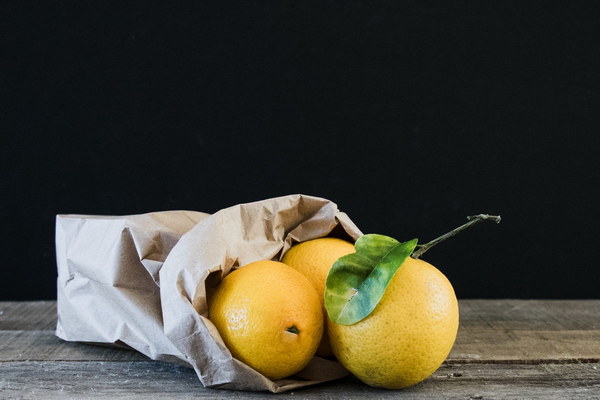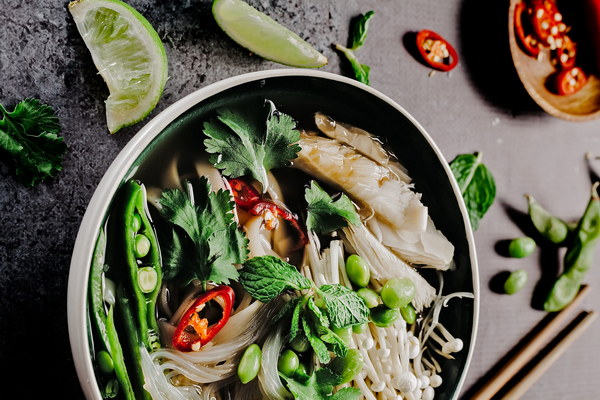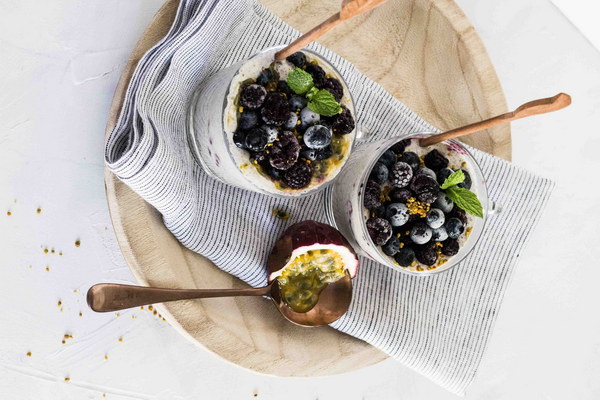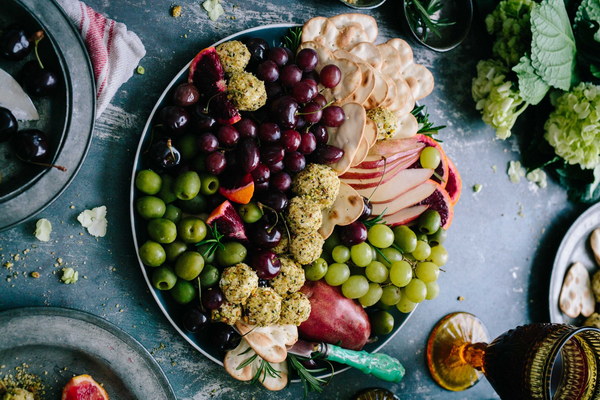Revamp Your Night's Rest Effective Dietary Solutions for Male Night Sweats
Introduction:
Night sweats, a common issue faced by many men, can disrupt sleep patterns and cause discomfort. It is often associated with health conditions such as diabetes, menopause, or infections. However, in many cases, lifestyle and dietary changes can help alleviate this problem. This article explores various dietary solutions to combat male night sweats and improve sleep quality.
1. Hydration is Key:
Staying hydrated throughout the day is crucial for maintaining a balanced body temperature. Ensure you drink plenty of water during the day, especially before bedtime. Avoid drinking caffeine or alcohol in the evening, as they can disrupt your sleep cycle and contribute to night sweats.
2. Include Iron-Rich Foods:
Anemia, characterized by low iron levels, can trigger night sweats. Incorporate iron-rich foods like lean red meat, poultry, fish, beans, lentils, and fortified cereals into your diet. Consuming vitamin C-rich foods like oranges, strawberries, and bell peppers can enhance iron absorption.
3. Omega-3 Fatty Acids:
Omega-3 fatty acids have anti-inflammatory properties and can help regulate body temperature. Include foods like fatty fish (salmon, mackerel, and sardines), flaxseeds, chia seeds, walnuts, and hemp seeds in your diet.
4. Avoid Spicy Foods and Alcohol:

Spicy foods and alcohol can raise body temperature and contribute to night sweats. Reduce or eliminate these substances from your diet, especially in the evening, to improve sleep quality.
5. Incorporate Magnesium-Rich Foods:
Magnesium plays a vital role in maintaining a healthy sleep cycle. Foods rich in magnesium include almonds, cashews, Brazil nuts, sunflower seeds, whole grains, legumes, and dark chocolate. Increasing your magnesium intake can help reduce night sweats and improve sleep.
6. Zinc for Immune Support:
Zinc is essential for a healthy immune system and can help fight off infections that may contribute to night sweats. Include zinc-rich foods such as lean red meat, poultry, legumes, nuts, seeds, and whole grains in your diet.
7. Probiotics for Gut Health:
A healthy gut can contribute to better sleep and reduced night sweats. Include probiotic-rich foods like yogurt, kefir, sauerkraut, kimchi, and miso in your diet. Alternatively, consider a probiotic supplement to support gut health.
8. Herbs and Spices:
Herbs and spices like turmeric, ginger, and black pepper have anti-inflammatory and thermoregulatory properties. Incorporate these into your meals or consume them as teas to help regulate body temperature and reduce night sweats.
9. Maintain a Healthy Weight:
Obesity can increase the risk of night sweats. Aim for a healthy weight through a balanced diet and regular exercise. This can help regulate body temperature and reduce the occurrence of night sweats.
10. Seek Professional Advice:
If you experience persistent night sweats, consult a healthcare professional. They can determine the underlying cause and recommend appropriate treatments, including dietary changes.
Conclusion:
Implementing these dietary solutions can help alleviate male night sweats and improve sleep quality. Remember that it may take some time to see results, so be patient and persistent with your efforts. Additionally, consider lifestyle changes such as maintaining a regular sleep schedule, reducing stress, and creating a comfortable sleep environment. With the right approach, you can say goodbye to night sweats and enjoy a peaceful night's rest.
